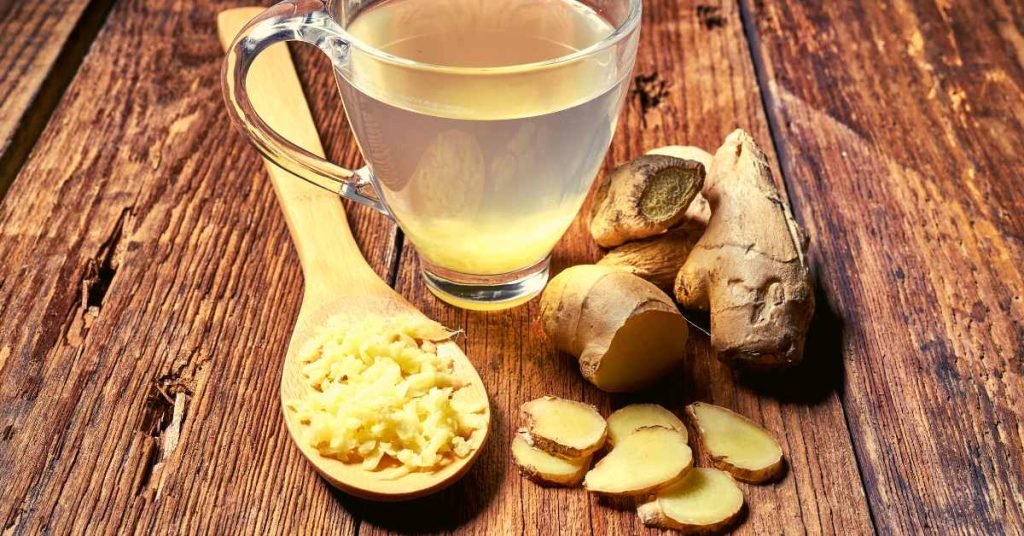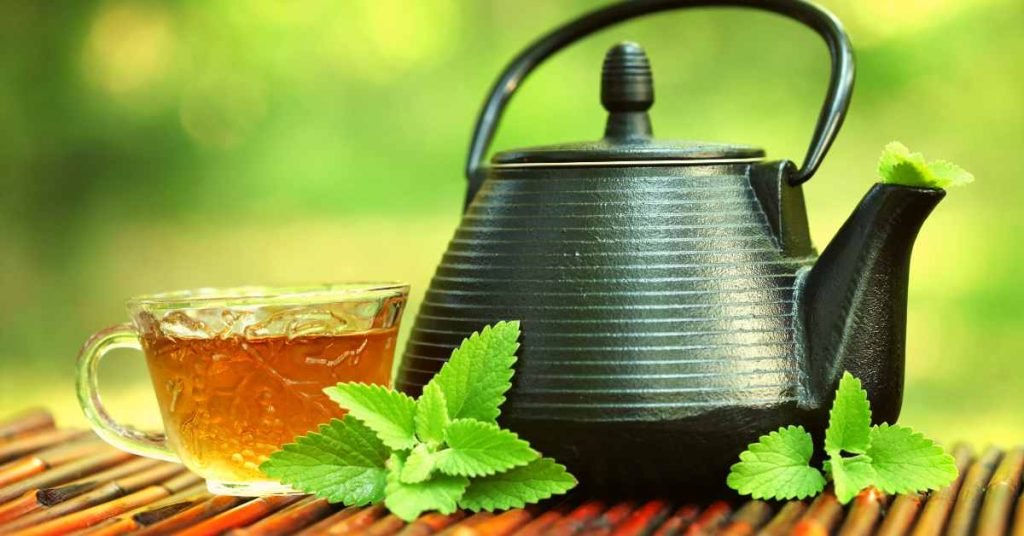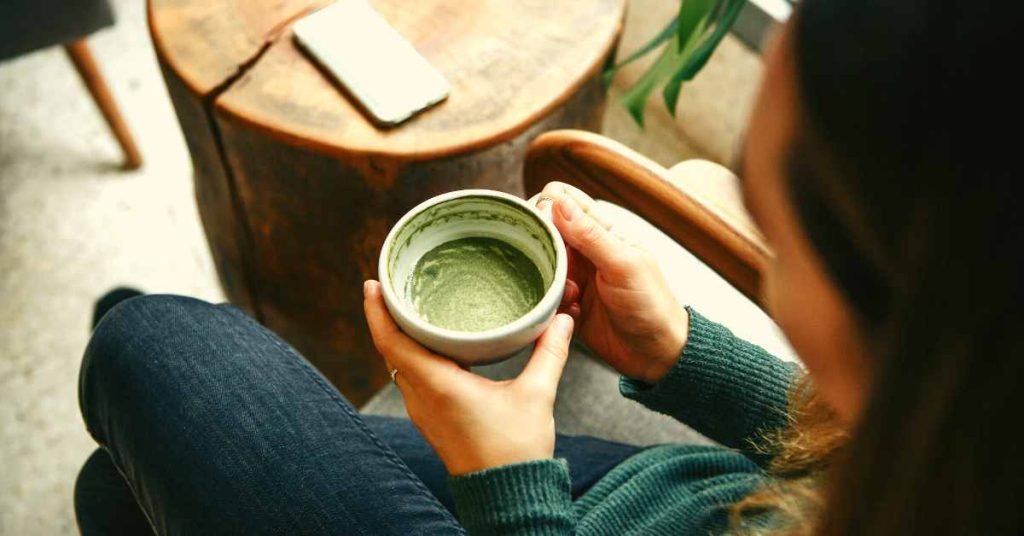Dry mouth, also known as xerostomia, is a condition that occurs when the salivary glands in the mouth do not produce enough saliva to keep the mouth adequately moist.
This condition can be caused by various factors, including medications, medical treatments, dehydration, and certain health conditions.
While there are several remedies and treatments available for dry mouth, one natural and comforting solution stands out – tea.
Tea and its Historical Connection to Health

Tea, originating from ancient China, has long been associated not only with cultural rituals but also with health benefits.
Traditional Chinese medicine recognized tea as a powerful elixir, capable of promoting well-being and treating various ailments.
As the practice of tea drinking spread across the globe, so did its reputation as a soothing remedy for various health issues.
Tea and Saliva Production
Saliva plays a crucial role in maintaining oral health. It helps to lubricate the mouth, facilitating speech, digestion, and the prevention of dental issues.
Certain compounds found in tea, such as polyphenols, flavonoids, and tannins, have been linked to an increase in saliva production.
Polyphenols, for example, are antioxidants present in tea that have anti-inflammatory properties and may stimulate saliva flow.
The act of sipping and swallowing tea also encourages the salivary glands to produce more saliva, providing a natural and enjoyable way to alleviate dry mouth symptoms.
Types of Tea for Dry Mouth Relief

- Green Tea:
- Green tea is renowned for its high concentration of polyphenols, particularly catechins, which exhibit strong antioxidant properties.
- The mild caffeine content in green tea can provide a gentle energy boost without contributing to dehydration, a common cause of dry mouth.
- Herbal Teas:
- Chamomile tea is known for its calming and anti-inflammatory properties. It can help soothe the mucous membranes in the mouth.
- Peppermint tea may stimulate saliva production and provides a refreshing and cooling sensation, making it a popular choice for those with dry mouth.
- Ginger Tea:
- Ginger has anti-inflammatory and antimicrobial properties that can benefit oral health.
- Ginger tea may help stimulate saliva flow and alleviate the discomfort associated with a dry mouth.
- Licorice Root Tea:
- Licorice root has been used traditionally to address various oral health issues.
- Licorice root tea may help increase saliva production and soothe dry mouth symptoms.
- Fennel Tea:
- Fennel has been used for centuries to promote digestion and freshen breath.
- Fennel tea may stimulate saliva production and provide relief from dry mouth.
Tips for Enjoying Tea for Dry Mouth Relief

- Hydration Balance:
- While tea can be hydrating, it’s important to balance tea consumption with plain water to ensure adequate hydration.
- Caffeine Moderation:
- If caffeine sensitivity is a concern, opt for decaffeinated tea varieties to avoid potential dehydration.
- Consistency is Key:
- Regular, moderate tea consumption throughout the day may be more effective than sporadic large quantities.
- Avoid Sugary Additions:
- To maintain oral health, avoid adding excessive sugar to your tea, as sugar can contribute to dental issues.
Final Word
Tea, with its rich history and diverse varieties, offers a natural and enjoyable remedy for dry mouth.
The compounds found in tea, along with the act of sipping and swallowing, can help stimulate saliva production and alleviate the discomfort associated with xerostomia.
Incorporating a variety of teas into your daily routine not only provides relief for dry mouth but also contributes to overall well-being, making tea a comforting and healthful choice for those seeking a natural solution to this common condition.
MEDICAL DISCLAIMER
Itsnevernotteatime.com cannot and does not contain medical/health advice. The medical/health information is provided for general and educational purposes only and is not a substitute for professional advice.




